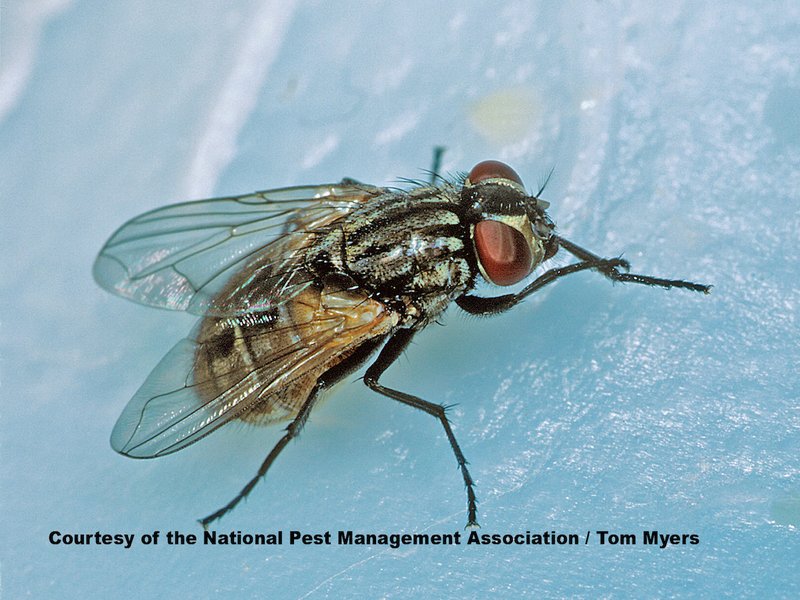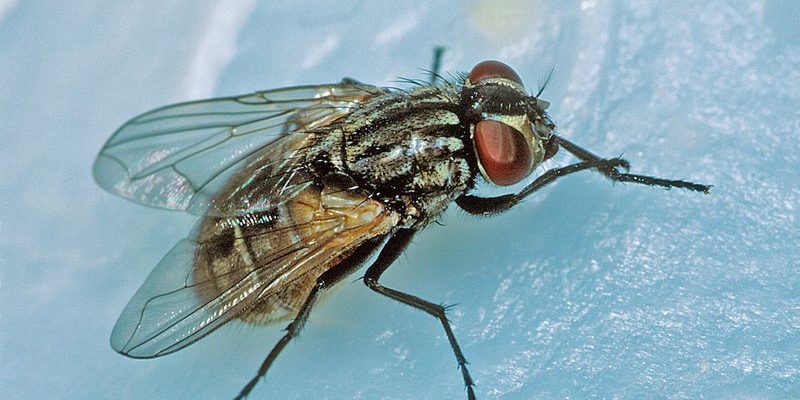
Flies, particularly house flies and fruit flies, are everywhere. They thrive in both natural and urban environments. However, their proximity to humans and food raises the question of health risks. Just like how we might think about a friend who sometimes makes us cringe with their habits, the reality is that flies can be more than just a nuisance. They can carry bacteria and diseases, impacting our health in ways we might not initially consider.
How Flies Impact Our Health
Flies are often considered *vectors*, meaning they can carry pathogens from one place to another. When they land on waste or decomposing materials, they pick up harmful bacteria and viruses along the way. You might be wondering what that means for you as you enjoy your delicious meal. Well, when flies land on your food, they can transfer these pathogens, which can potentially lead to foodborne illnesses.
Did you know that studies have shown house flies can carry over 100 different pathogens? Some common illnesses associated with flies include gastroenteritis, salmonella, and E. coli. These illnesses may cause symptoms like stomach cramps, vomiting, and diarrhea. So, while it seems harmless to swat a fly or two, their presence around food is something to take seriously.
Recognizing Common Flies
You might be surprised to learn there are thousands of fly species out there. However, the most notorious for spreading disease are the house fly and the fruit fly.
– House Flies: These are the ones you see buzzing around your kitchen. They like to breed in decaying food, garbage, and animal waste. Their life cycle is short, but they reproduce quickly, making them a persistent problem.
– Fruit Flies: Often found hovering around ripe or rotting fruits, they can also transmit bacteria. Though smaller, they can multiply in large numbers, especially in warm environments.
Understanding which flies are common in your surroundings helps you take action. If you see these little critters in your kitchen, it’s a sign to check for potential food contamination.
How Flies Spread Disease
Flies can spread disease in a few different ways. First, there’s the *direct contact* method. When a fly lands on your food, it can drop off germs it collected from unsanitary surfaces. This means that your once-safe sandwich could be a host to harmful bacteria.
Another method is through *their saliva*. Flies have a unique way of eating—they spit on their food to break it down before sucking it up. This saliva can contain germs, leading us to consume pathogens unknowingly. Kind of gross, right?
Lastly, flies can also *contaminate surfaces* in our homes. A fly lands on your countertop, and suddenly, that area is a hotbed for germs. Regular cleaning is essential to minimize these risks.
Preventing Fly Infestations
So, what can you do to keep flies away and protect your food? Here are some simple tips to prevent these pests from invading your space:
- Keep food covered: When not in use, always cover food, especially outdoors.
- Seal trash bins: Use bins with tight-fitting lids to minimize odors and attractants.
- Clean regularly: Wipe down surfaces, and sweep crumbs away. A clean home is less inviting for flies.
- Use screens on windows: This allows fresh air while keeping flies out of your home.
These simple strategies can significantly reduce your chances of a fly infestation and its associated risks.
Natural Remedies for Fly Control
If you’re not a fan of chemical repellents, there are natural remedies you can try.
– Herbs and Essential Oils: Flies dislike the scent of certain herbs like basil, mint, and lavender. Try planting them in your garden or using essential oils in a diffuser.
– Vinegar Traps: Fruit flies are drawn to vinegar. You can create a simple trap by filling a bowl with vinegar and covering it with plastic wrap. Poke some holes, and watch the flies get trapped inside.
These methods are gentle on the environment and can help you keep those pesky flies at bay.
What to Do If You Get Sick
If you think you might have gotten sick from something a fly contaminated, it’s essential to take action. Here’s what to keep in mind:
1. Stay Hydrated: If you’re experiencing vomiting or diarrhea, drink plenty of fluids. Dehydration can be a significant concern.
2. Monitor Symptoms: If symptoms persist for more than a couple of days, or you notice severe symptoms like high fever or dehydration, it’s best to consult a doctor.
3. Avoid Self-Medicating: While medications might help with symptoms, getting proper medical advice ensures you treat any underlying issues effectively.
Your health is important, and being informed helps you make better choices.
To sum it all up, flies can be more than just annoying little pests buzzing around your picnic; they can pose health risks if proper precautions aren’t taken. By understanding the kinds of flies that may invade our spaces and the ways they spread disease, you can take steps to protect yourself and your loved ones.
Remember to keep your food covered, clean your surroundings regularly, and utilize natural remedies when possible. You’ll feel more in control and less worried about those small buzzing creatures. After all, staying informed is the first step in keeping flies at bay and ensuring a healthier environment for everyone.

